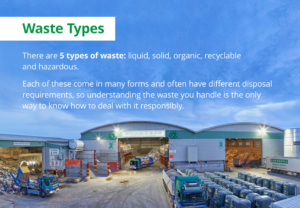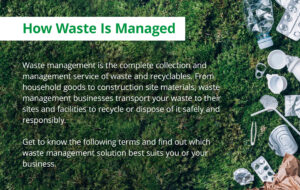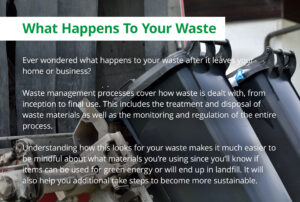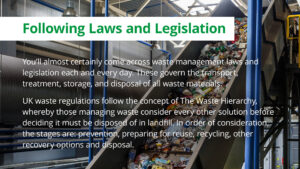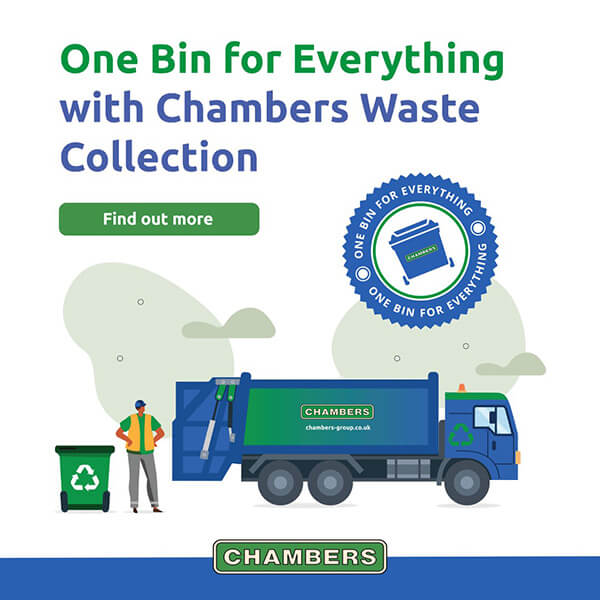The UK Government made multiple pledges at COP26, and whether they fulfill these or not, the great news is:
Businesses across the country seem determined to reach their low carbon targets in the fight against climate change.
Business and Industry Minister Lee Rowley said: “The UK is leading the way in showing how going green doesn’t just make sense for the planet – it makes business sense too.”
With listed companies legally required to release net zero plans by next year, there has never been a better time to get ahead of competitors by reaching your targets and impressing your customers before the majority.
What COP26 means for UK Businesses
The UK government is requesting that most big companies present detailed public plans on how they will achieve the climate change targets set at COP26.
Well over half of FTSE100 companies have committed to eliminating their contribution to climate change by 2050 in an effort to keep temperatures within 1.5C of pre-industrial levels.
Whilst much of the focus at COP26 remained on large companies, this will inevitably lead to those businesses asking their suppliers and partners how they’re taking action too. In addition, more consumers are looking to buy from businesses that can prove their sustainable efforts.
Net Zero plans can help your business grow
SMEs account for almost 50% of UK business emissions but they face different challenges to bigger companies in their journey to net zero.
35% of small businesses admit to expenses being an issue in reducing their carbon emissions.
The good news?
Whilst reducing carbon emissions can lead to higher costs at the outset, in the longer term these actions can save your business money and help future-proof against change.
Acting against climate change can:
· Save money on utility bills and travel costs
· Save on materials that are eventually discarded
· Create new jobs
· Encourage investment
· Maintain a competitive advantage (particularly locally)
Not sure where to start? Get involved with initiatives
Race to Zero
The government is calling on businesses to sign up to the United Nations’ Race to Zero.
Almost 3,000 UK businesses have signed up to the campaign (more than half of the amount that have signed up globally), which encourages them to outline how they’re working to reduce their emissions and achieve net zero.
”As the world seeks bold solutions to combat climate change, we need businesses of all sizes to put the environment at the heart of their operations, making tangible climate commitments that helps chart our path to net zero emissions by 2050.” – Andrew Griffith, UK Net Zero Business Champion
Together For Our Planet
Almost 3,000 UK businesses have signed up to the campaign led by the Prime Minister earlier this year to help small businesses cut their emissions in half by 2030 and achieve net zero by 2050 (or sooner).
The initiative will also provide the opportunity to help participating businesses grow and adapt to secure new opportunities. The UK Business Climate Hub provides tools and resources as well as advice on how to develop a plan.
“Every step that a small business takes on their journey to net zero adds up – not only in protecting the health of the planet but also in future-proofing their business and encouraging new investment, new customers and new opportunities for growth.” – Prime Minister Boris Johnson.
Your Net Zero journey begins today
The path to going green looks different for every business but there are steps almost every company can take to reduce carbon emissions.
As well as initiatives, here are some other ways to get started:
· Installing energy saving light bulbs
· Switching to electric vehicles (no new fossil-fuel cars will be sold after 2030)
· Eco-friendly packaging
· Working with sustainable suppliers
· Insulating buildings
· Monitor energy and water use
· Install renewable electricity or heating
· Working with a reputable waste management company
The pledges made at COP26 can appear overwhelming at a glance, but the reality is that there are lots of benefits to working towards net zero.
Every business has a role to play. What does yours look like?







